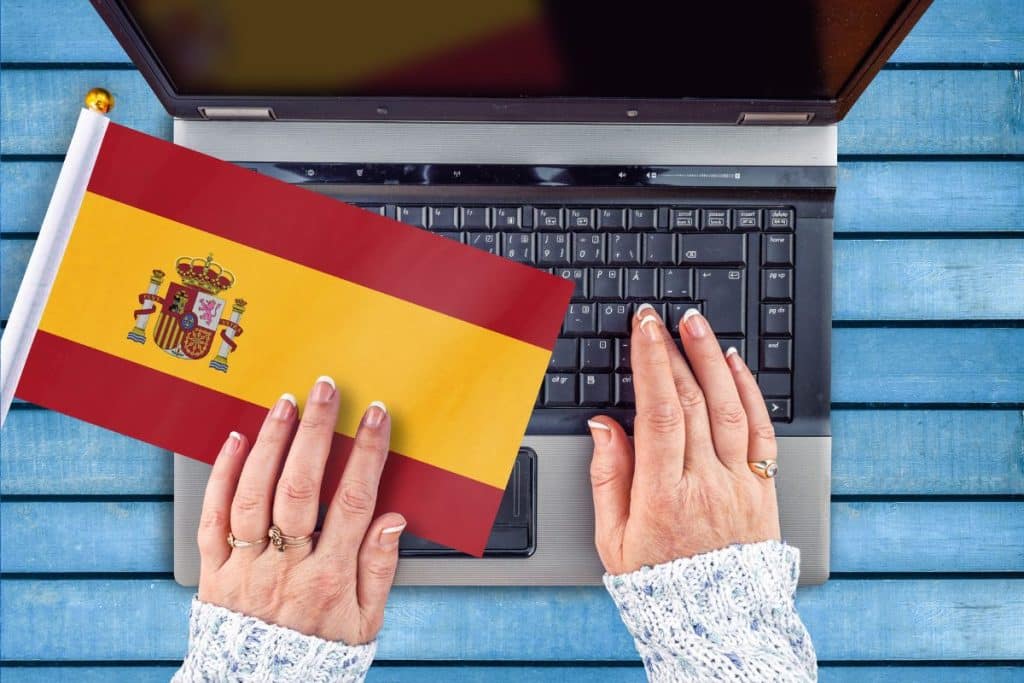Being able to work while traveling is key when it comes to creating a sustainable long-term digital nomad lifestyle, but many visas restrict or prohibit visitors from obtaining a job or even earning money by freelancing or in other less structured ways while visiting certain countries.
Spain’s new visa option aims to make managing the unique needs of digital nomad life easier for long-term travelers looking to spend time in Europe.
An increase in demand for the availability of long-term stays in Europe has led Spain to pioneer a new visa option that was designed with the unique needs of digital nomads in mind. Spain’s new Digital Nomad Visa, or DNV, aims to challenge the limitations of the country’s more traditional Non-Lucrative Visa (NLV).
Working in Spain
The NLV prohibits visitors from seeking any type of employment in Spain, and digital nomads are technically not even supposed to continue working their regular remote jobs that are fully managed in their home countries while in the country. With the DNV, visitors will not run into gray areas continuing their typical means of earning money, and they will be allowed to find short-term or long-term in-person jobs in Spain to help them fund their travel.

Financial Requirements
- NLV: income or savings equal to 400 times the IPREM, which is €2,400 per month in 2023
- DNV: requires 200% of the Minimum Interprofessional Salary (SMI), which amounts to €2,520 per month in 2023.
Taxation in Spain
Both the NLV and the DNV offer Spanish residency, a status that comes with taxation responsibilities for applicants who spend over 183 days in Spain. For NLV holders, this entails paying taxes on their worldwide income, including passive earnings. DNV holders, on the other hand, are obligated to report income from foreign employers or clients, alongside digital nomad income, if applicable. Staying compliant with tax regulations is essential for those pursuing the benefits of these visas.

Spanish Citizenship
Both the NLV and the DNV offer a pathway to Spanish citizenship, marking the beginning of a journey towards becoming a Spanish national. These visas, initially granting one-year residency, come with the option of renewal. The DNV, in particular, stands out as it can be renewed for up to five years, opening the door to the pursuit of permanent residency after this period.
Changing Visa Types
A noteworthy benefit of the NLV is that, after a year of residency in Spain, applicants have the opportunity to choose an alternative visa that opens doors to employment opportunities. This includes the ability to secure a work permit or self-employment status through a streamlined process known as “residence modification.”
Access to Schengen Zone
Obtaining a DNV in Spain also gives travelers easy access to much of the rest of Europe, as they will not be required to apply for other visas that they might otherwise need to visit other countries within the Schengen Zone. This visa can be renewed annually for up to five years, which means that it can also be a strong option for visitors who are considering moving to Spain from the beginning or decide to pursue citizenship after falling in love with the country during an extended stay.
Spain is skyrocketing in popularity among digital nomads and many cities are reporting an influx of remote workers. In most of the 2023 rankings, Spain came up as the no. 1 destination for digital nomads in Europe, mostly due to its visa options, tax benefits, affordability, and perfect weather.


